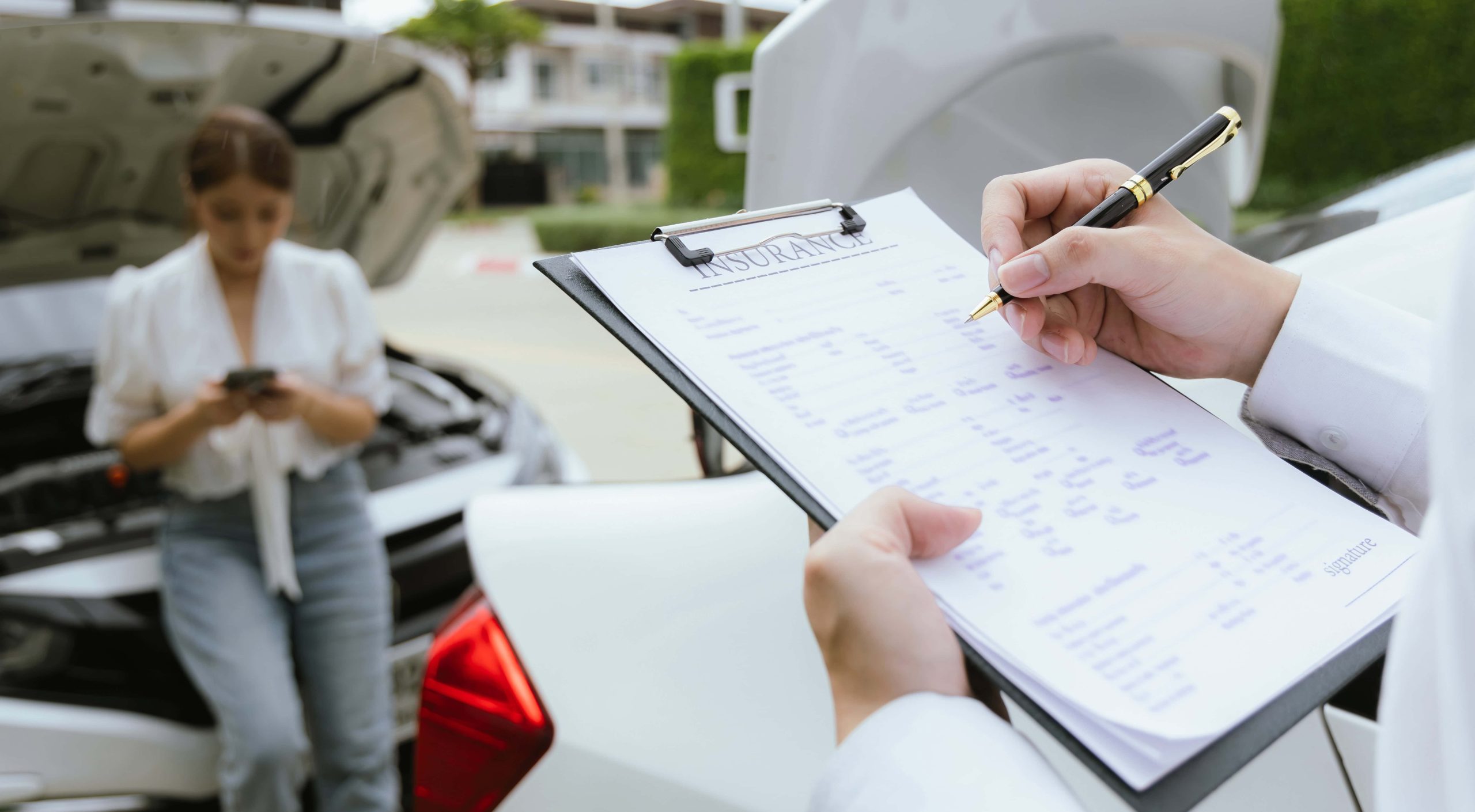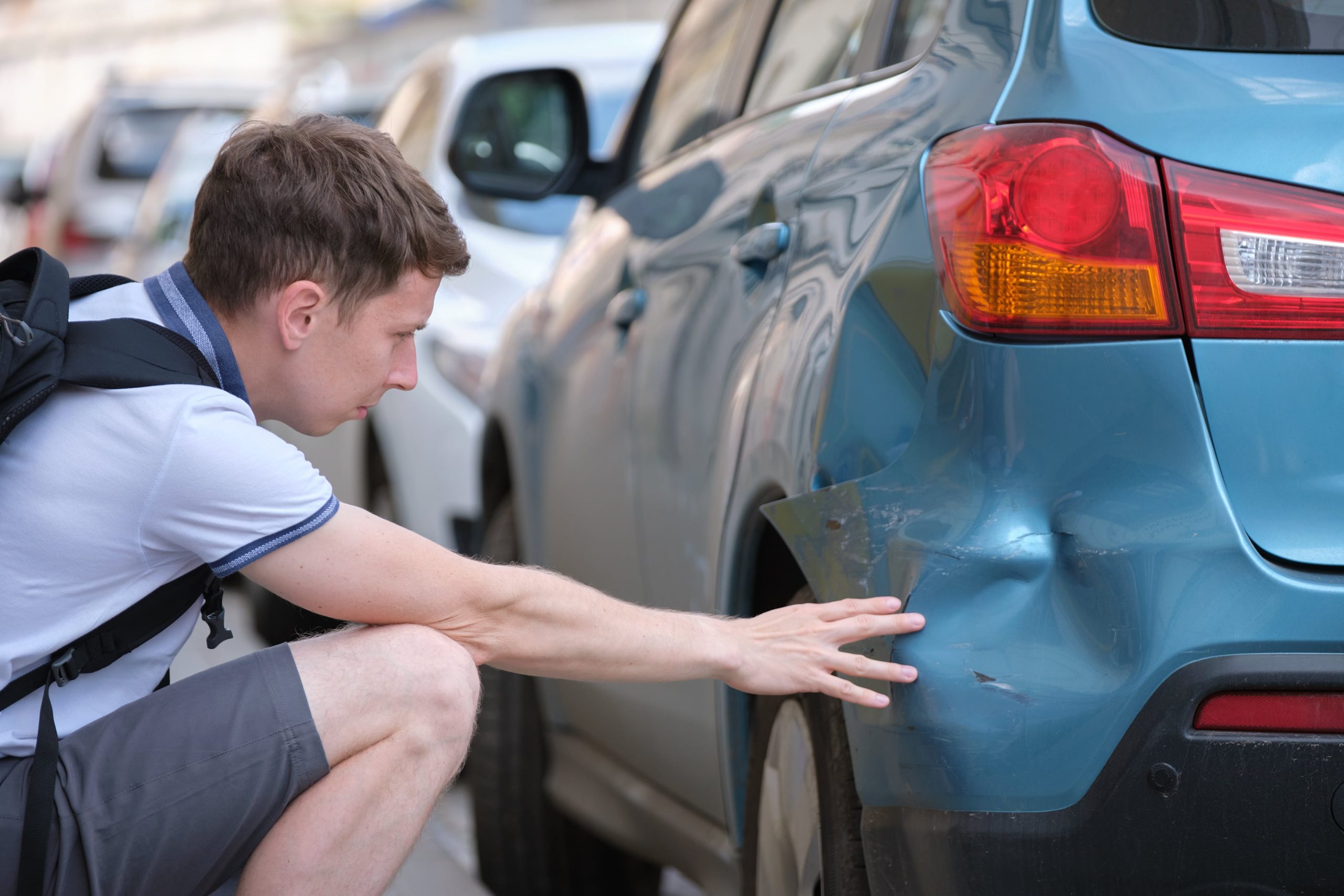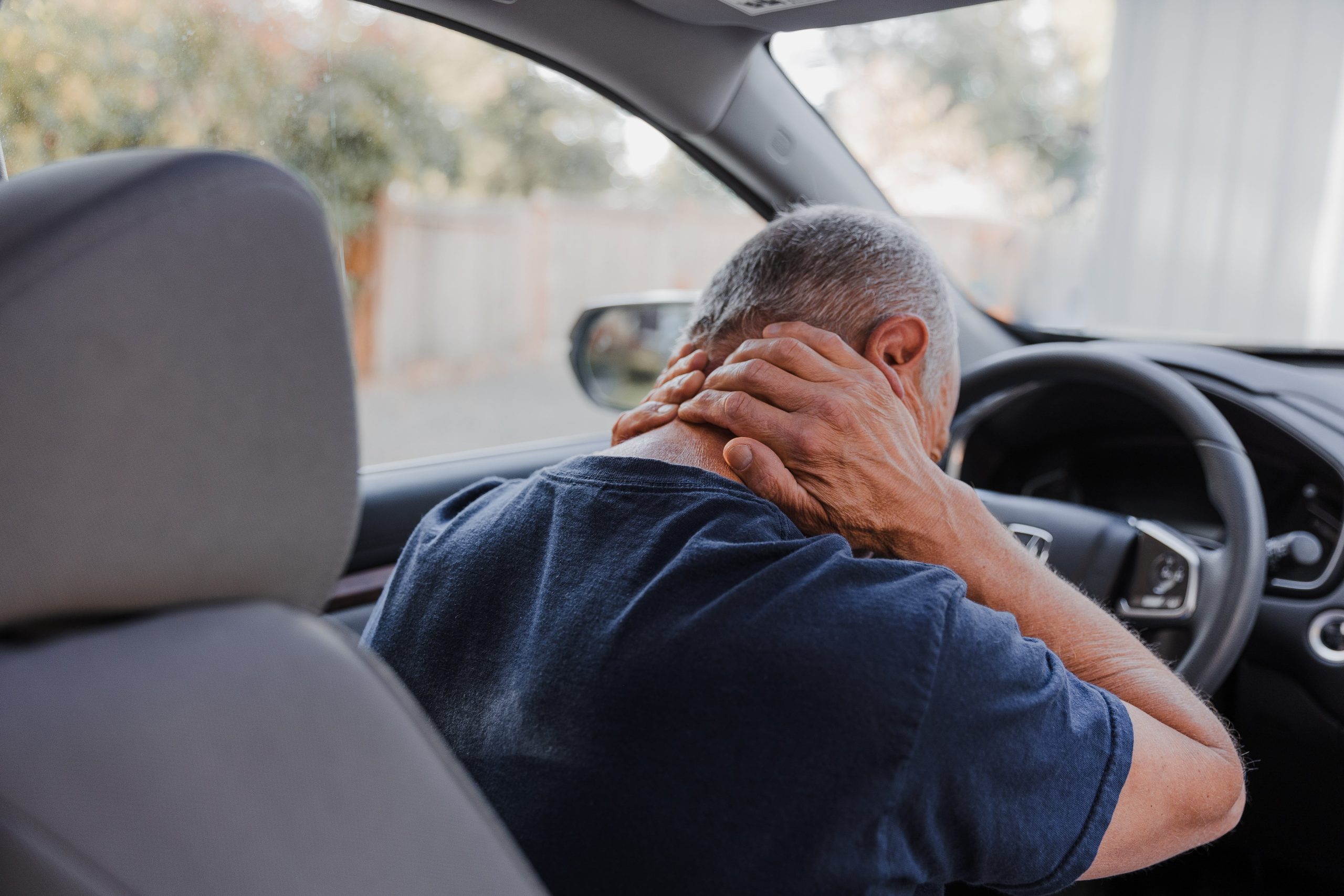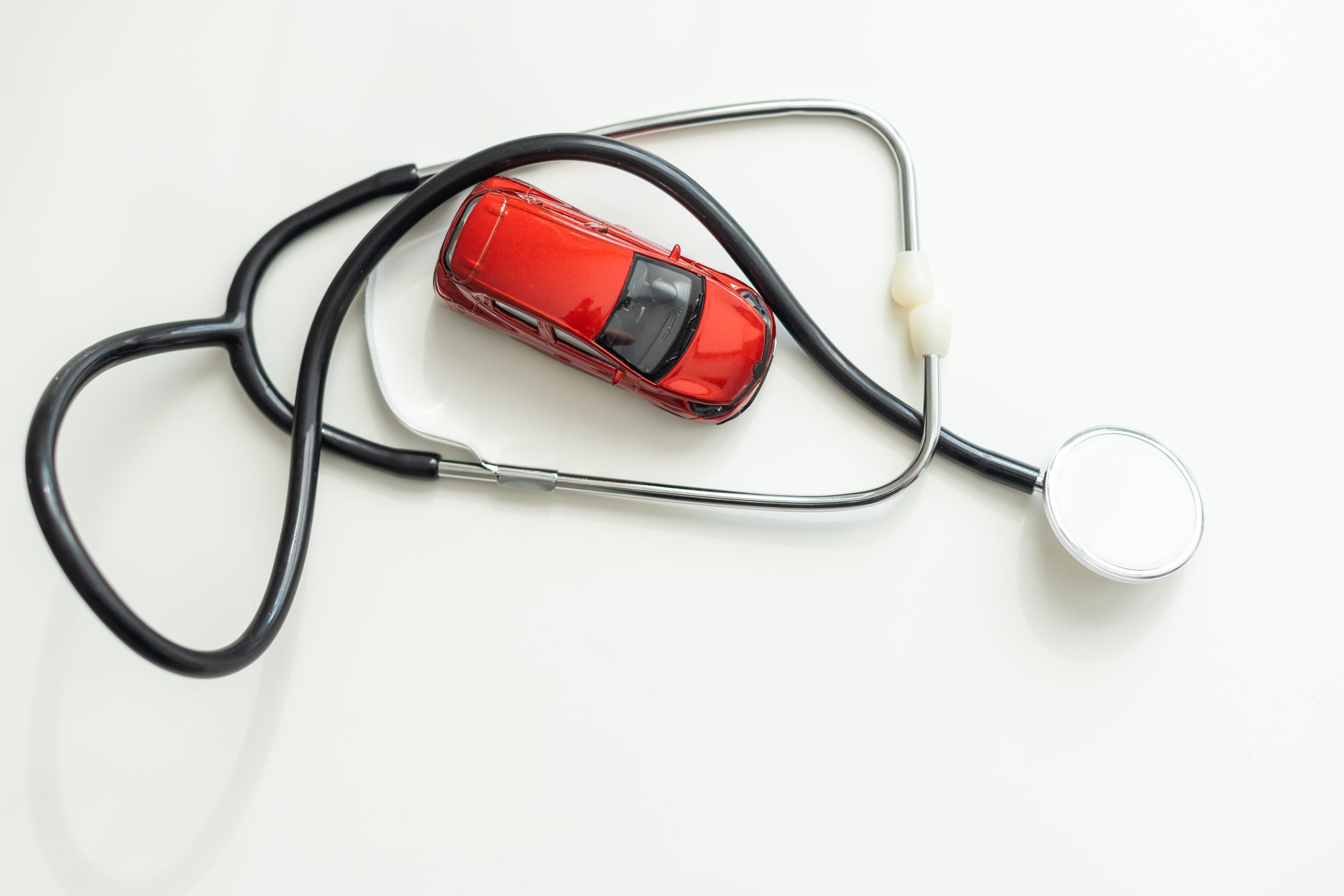Getting hurt in a car accident can turn your life upside down. Medical bills pile up fast. Missing work means lost income. Even small injuries can bring major stress and worry. Most people don’t plan for accidents. But the financial impact can hit hard, even after a minor crash. That’s why knowing how to protect yourself ahead of time really matters.
Personal Injury Protection Insurance: What Is It?
Auto insurance can include Personal Injury Protection, or PIP. It helps pay for medical expenses and lost wages after a car accident. This is pretty important because accidents can lead to some serious problems.
People often know PIP as no-fault insurance. It pays out whether or not you caused the accident. Even if a driver, passenger, or pedestrian was negligent, leading to a personal injury, PIP coverage may be able to help.
Coverage Details of PIP
PIP coverage typically includes medical bills. This includes doctor visits, hospital stays, and rehabilitation costs. It could also cover lost wages. If injuries prevent someone from working, PIP may be able to replace some lost income.
Some PIP policies cover household services. These are expenses like childcare or house cleaning, which an injury might make difficult to manage. In some areas, PIP might offer a death benefit. In this case, if an accident results in a fatality, it could provide financial support to the family.
PIP and “No-Fault” States
Some states are “no-fault” states. PIP insurance is mandatory in these states. The goal is to ensure accident victims receive prompt medical care. It also aims to minimize lawsuits over minor injuries. No-fault systems require you to file a personal injury lawsuit only in extreme cases. Most states are “at-fault” states, which means they don’t require PIP. However, even in some of these states, it might be an optional add-on.
What PIP Doesn’t Cover
PIP insurance offers important help by covering medical expenses after an accident, but it doesn’t cover everything. It’s important to understand what PIP does not include, so you can decide if you need extra protection. Here’s what PIP insurance doesn’t cover:
- Damage to your car
- Theft of your vehicle
- Damage you cause to someone else’s property
Choosing the Right Amount of PIP Coverage
Selecting the right level of PIP depends on several factors. Consider your current health insurance. Having good health coverage might mean needing less PIP. But, for those without health insurance, it’s different. Consider that a sufficient amount of PIP, even if optional, could greatly impact your finances.
Frequently Asked Questions (FAQs) about PIP
There are a lot of questions you can come across when learning about PIP. Some of the following questions may be common ones!
Is PIP the Same in Every State?
No, PIP coverage, availability, and requirements vary significantly by state. Some states have mandatory PIP, other states have it being optional, while others may not offer PIP at all. Each state has laws. The state regulations govern how PIP operates. It is important to become aware of your insurance options and policy limits.
Can PIP Cover Injuries for My Passengers?
Yes, PIP typically covers injuries for passengers in your vehicle. It doesn’t really matter who is at fault for the accident. This is usually a key feature of PIP coverage. It makes sure anyone in your car during an auto accident has access to payment coverage for medical expenses. Either way, make sure you check with your specific policy.
Does PIP Cover Me if I’m a Pedestrian or Cyclist?
In many cases, yes. PIP could cover additional expenses if you’re a pedestrian or cyclist involved in an accident with a motor vehicle. This is part of what makes PIP insurance so comprehensive. It is an important factor to remember for those who frequently walk or bike. Coverage may depend on the details, the location, and the details of your policy, an agent will be able to help.
What Should I Do if My PIP Claim is Denied?
If your PIP claim has been denied, you need first understand why. If necessary, you can consult with your insurance provider. If you do not agree with the decision, you may have other options. Consider contacting a lawyer or another expert in the topic.
Conclusion
Accidents can leave you with more than just physical pain. The stress of medical bills and lost income can make things worse. That’s why having the right insurance matters. PIP coverage helps protect you when life takes an unexpected turn. It fills in the gaps where other insurance might not help right away.
Whether it’s required in your state or simply optional, knowing how PIP works puts you in a better position. Take time to review your policy. Make sure you’re covered before something happens. If you have any questions, make sure to ask your insurer!










